
A Syrian female refugee shares her story from a conflict zone. Photo credit: Lynn Alleva
Queens of Syria: A modern story of women in war
Yasmin Fedda’s documentary “Queens of Syria” shows the truly empowering, yet gruelling process of sharing stories from a warzone
“Queens of Syria” tells the story of around 60 female refugees from Syria, forced into exile in Jordan, who came together in autumn 2013 to create and perform their own version of the timeless ancient Greek tragedy, The Trojan Women. Through the play, the women share their own stories about escaping from the Syrian conflict.
The group of women are among the more than 600,000 Syrian refugees seeking refuge in Jordan. More than four million Syrians have had to leave their country due to the civil war.
As part of IMS’ work to promote dialogue and freedom of expression through documentary filmmaking, Yasmin Fedda was invited to Copenhagen to screen her film at Arabian Nights, a film festival organised with support from IMS, with funds from the Danish-Arab Partnership Programme. The two-week festival comprised captivating documentaries and fiction films, as well as exciting events with guests from across the Arab world for a series of talks, debates and workshops. The festival is organised by the Danish Film Institute in Copenhagen and NASIM.
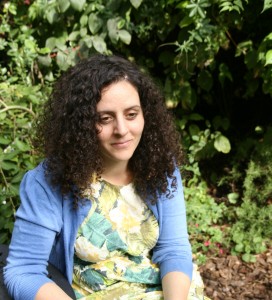
“Some of the women were really determined to share their stories,” Yasmin Fedda says.
Several of them had never opened up about their escape from the conflict zone before. Knowing that others had experienced the same helped the women talk about about horrifying attacks and family members who lost their lives.
“The women found courage and solidarity in each other,” the filmmaker explains.
Yasmin Fedda won the Black Pearl Award for Best Documentary Director from the Arab World at Abu Dhabi Film Festival in 2014.
To live with fear
For some of the women, participating in this play was a challenging process.
“Women would drop out of the play for both social and political reasons,” Yasmin explains.
“They have this fear inside of them. They do not know if there will be any consequences for their actions.”
It took the director, who has been living in Syria herself, some time to establish trust with the women.
“And even if I got their trust on a personal level, some still did not want to be exposed,” she says.
At the screening of the film in Copenhagen, Yasmin Fedda shared with the audience how one woman in particular really touched her.
“There was this woman who was so eager to share her story, but decided not to because her 15-year-old son was in prison. She did not know if her participation in the play would lead to anything happening to her son,” Yasmin Fedda says.
When she found out the son had been tortured and killed in prison, the woman gave her permission to share her story.
“I’m not scared anymore,” the woman had said.
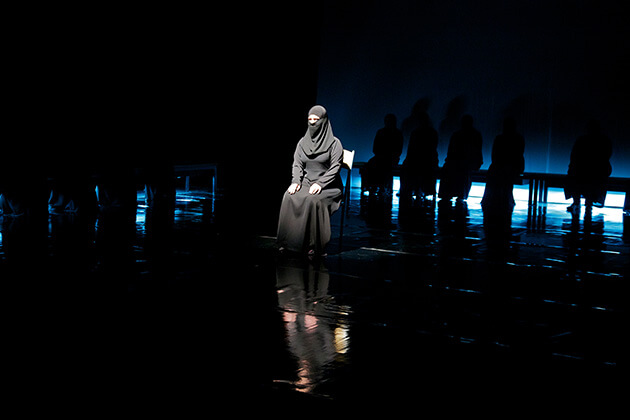
A Syrian female refugee shares her story from a conflict zone. Photo credit: Lynn Alleva 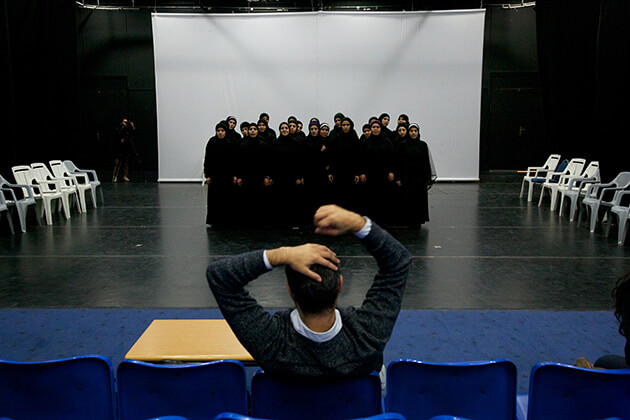
The women rehearsing with theatre director Omar Abu Sada. Photo credit: Lynn Alleva 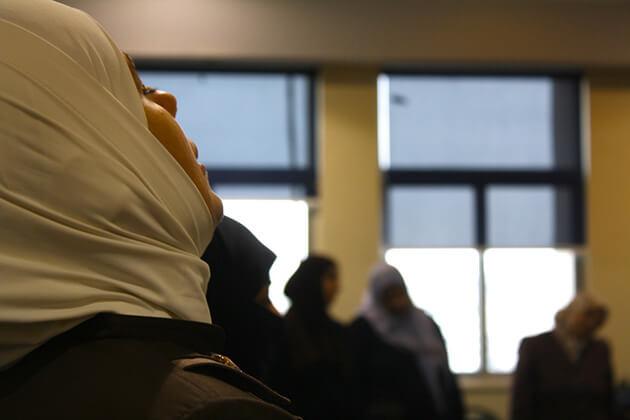
Sharing stories from Syria was challenging for the women. Photo credit: Itab Azzam 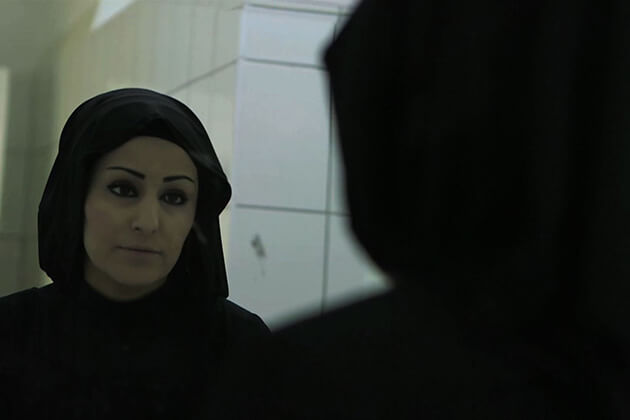
“They have this fear inside of them. They do not know if there will be any consequences for their actions.” Photo credit: Yasmin Fedda
Documentary filmmaking
IMS’ engagement with documentary filmmaking in the Arab world started in 2006, with the aim to strengthen filmmakers’ networks and film productions on current political and societal changes. Independent documentary filmmaking can be a platform for airing alternative voices and views and provide people with a platform to share their stories publically. Documentary filmmaking thus also becomes a tool for documenting the attrocities and broken destinies generated by the civil war in Syria at a time where the few media functioning in Syria are either unable to or unwilling due to their affiliation with the state.
Yasmin Fedda hopes “Queens of Syria” can be one of the many seeds sown that might contribute to changing the current situation in Syria.
“Through documentary films, we can provoke debates and show situations from different perspectives,” she says.
A shorter version of the film has been made for BBC Arabic, a channel with more than 36 million viewers. Yasmin Fedda believes it was important to the Syrian women that they got to share their stories.
“Opening up a public platform for these women to share their stories was really empowering for them,” she says. “But there are still so many other stories left untold.”




